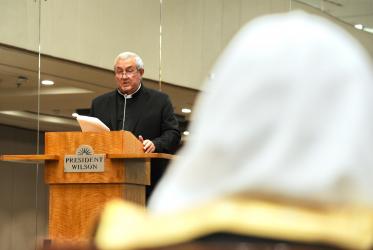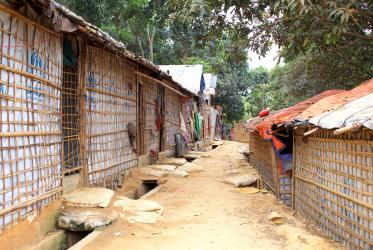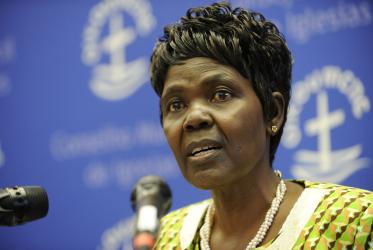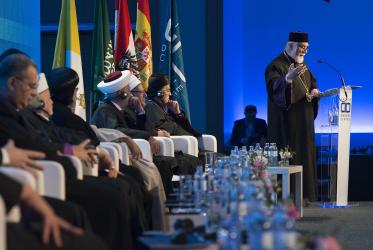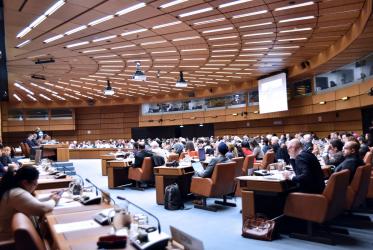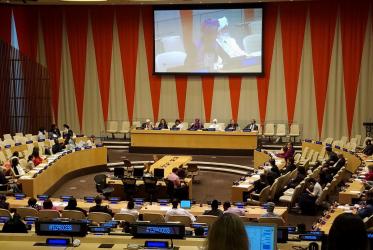Displaying 1 - 20 of 26
WCC moderator to lead plenary at upcoming G20 Interfaith Forum
08 October 2020
WCC moderator contributes to G20 Interfaith Forum on Africa
25 August 2020
Turning plans into action to prevent incitement to violence
14 February 2018
